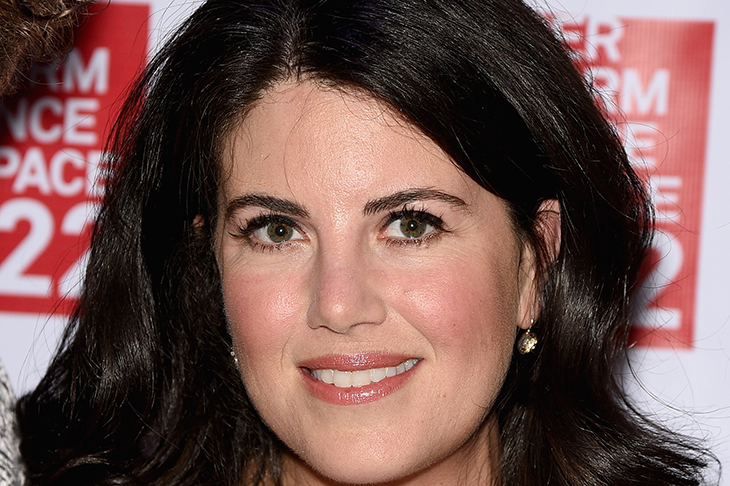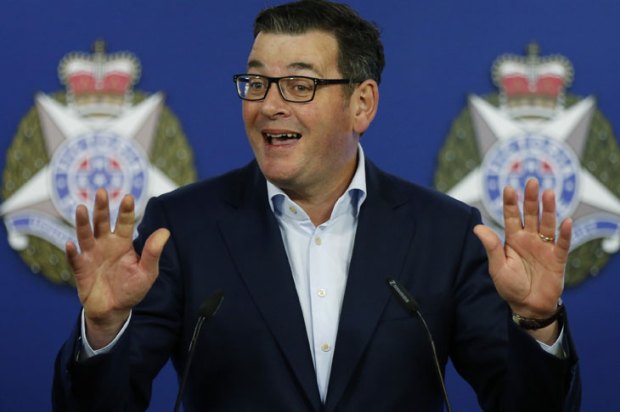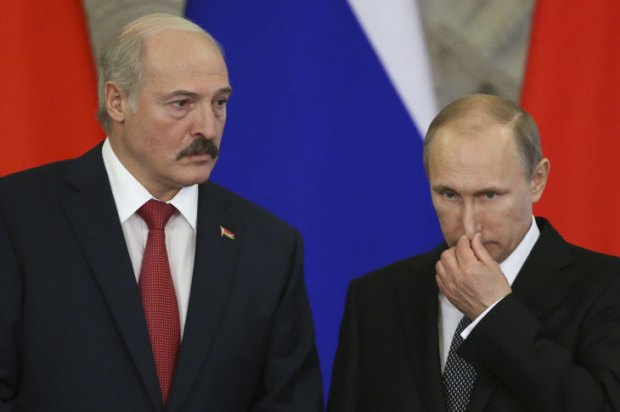Of all the names Mark Latham was called last week, the one which could most seriously affect his future employment prospects is the one Bill Shorten gave him, and the one the Australian reprised in a headline the next day; ‘Latham axed for “bully” remarks’. They could as easily have used the adjectives ‘offensive’ or ‘outrageous’, but they went for ‘bully’ because they’ve got their finger on the pulse, those News Corp subs. Ditto Caroline Overington, writing in the Weekend Oz, when she suggests that Latham might have gotten away with the comments he’d made about Peter van Onselen, Kristina Keneally and Wendy Harmer if only he hadn’t garnished them with a lazy assumption about the sexual orientation of a Year 12 student. Or, as the subheading puts it, ‘Mark Latham’s right to tell it the way it is doesn’t give him the right to bully a schoolboy’. But was Latham’s use of the word ‘gay’, predicated as it was on the lad’s support for International Women’s Day, really bullying? If he is gay, Latham was merely – if somewhat gratuitously exercising his right to ‘tell it the way it is’. If he isn’t gay, Latham’s comment was just an erroneous extrapolation of something he’d heard on YouTube – much as if the lad had said what he said with a Canadian accent and Latham had identified him as American. Referring to someone as gay 25 years ago would undoubtedly have been prejudicial to his or her prospects and happiness. But doing it in Australia in 2017 doesn’t diminish his or her standing in the community in any way whatsoever. And those who thinks it does, who see ‘gay’ as a harmful or insulting label, might want to take a long hard look at themselves.
Bullying, by contrast, has never been seen as anything but bad. But until fairly recently it was also considered a rather old-fashioned evil, like communism and rickets. For my generation the word cues memories of stolen lunch money and kicked shins; for my father it would have evoked a drill sergeant who made his national service years a living hell. But just as hipsterism revived the beard, social media has given bullying a new currency. And today bullying is not just back, it’s hot. If Ian Thorpe had wanted to make a documentary series about homophobia, the ABC’s right-on commissioning editors would have yawned. But bullying has a retro resonance, a bankable frisson of the zeitgeist, and Thorpey isn’t the only celeb to see second career potential in it. When Monica Lewinsky visited Sydney recently it wasn’t to launch a kiss-and-tell autobiography or shoot a Vanish commercial. It was to talk about cyber-bullying, of which she claims to have been one of the world’s first victims. What the internet has done is turn bullying into a team sport. Traditional analogue bullies – the kind who inspired iconic anti-heros like Flashman and Bill Sykes and Malfoy – were very much solo operators and as such, if enough people stood up to them, they would usually get their come-uppance. Once in a while you still see this kind of karma at work. It’s unlikely, for instance, that independent candidate Tony Windsor’s chances of winning a seat in last year’s federal election were enhanced by the claim of another Farrer Memorial Agricultural High School alumnus that during his first year at the school Windsor, five years his senior, had repeatedly whipped his naked buttocks with a riding crop. The good people of New England stood up to that by returning Barnaby Joyce.
But if you’re the proprietor of a small independent cinema how do you stand up to thousands of feminists who threaten anonymously to destroy your business if you show an award-winning document about men’s rights activists? And if you’re the proprietor of a small independent brewery how do you stand up to thousands of same- sex marriage supporters who threaten anonymously to destroy your business if you don’t remove a debate about the issue from your website? Most worrying of all, if you’re a primary school parent, how do you stand up to a state government which insists that your 10 year old child takes part in gender reversal games? That is the kind of bullying Flashman could only have dreamed of. That is the kind of bullying even Orwell never dreamed up.
Got something to add? Join the discussion and comment below.
Get 10 issues for just $10
Subscribe to The Spectator Australia today for the next 10 magazine issues, plus full online access, for just $10.
You might disagree with half of it, but you’ll enjoy reading all of it. Try your first month for free, then just $2 a week for the remainder of your first year.















Comments
Don't miss out
Join the conversation with other Spectator Australia readers. Subscribe to leave a comment.
SUBSCRIBEAlready a subscriber? Log in